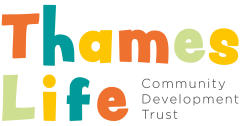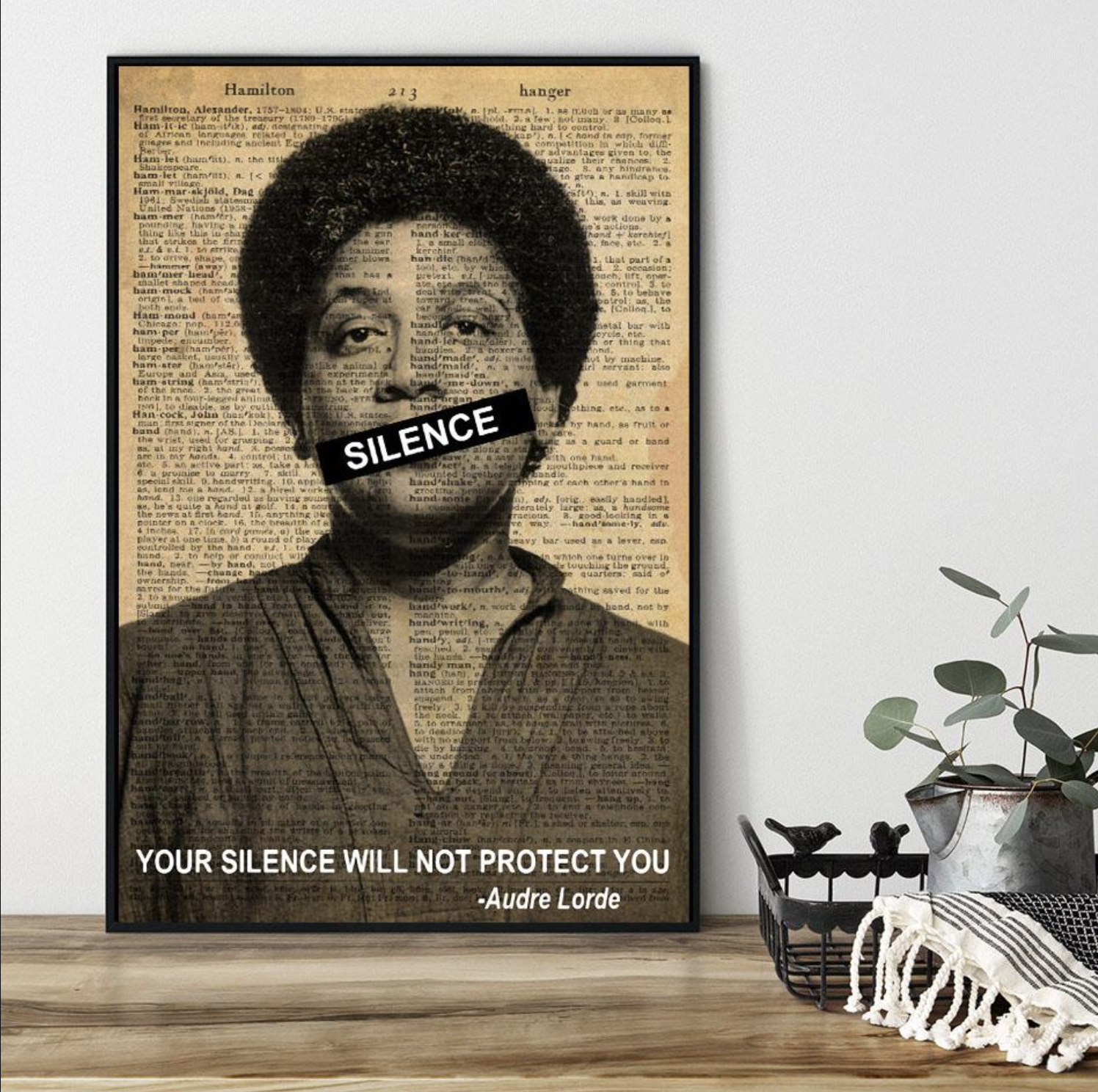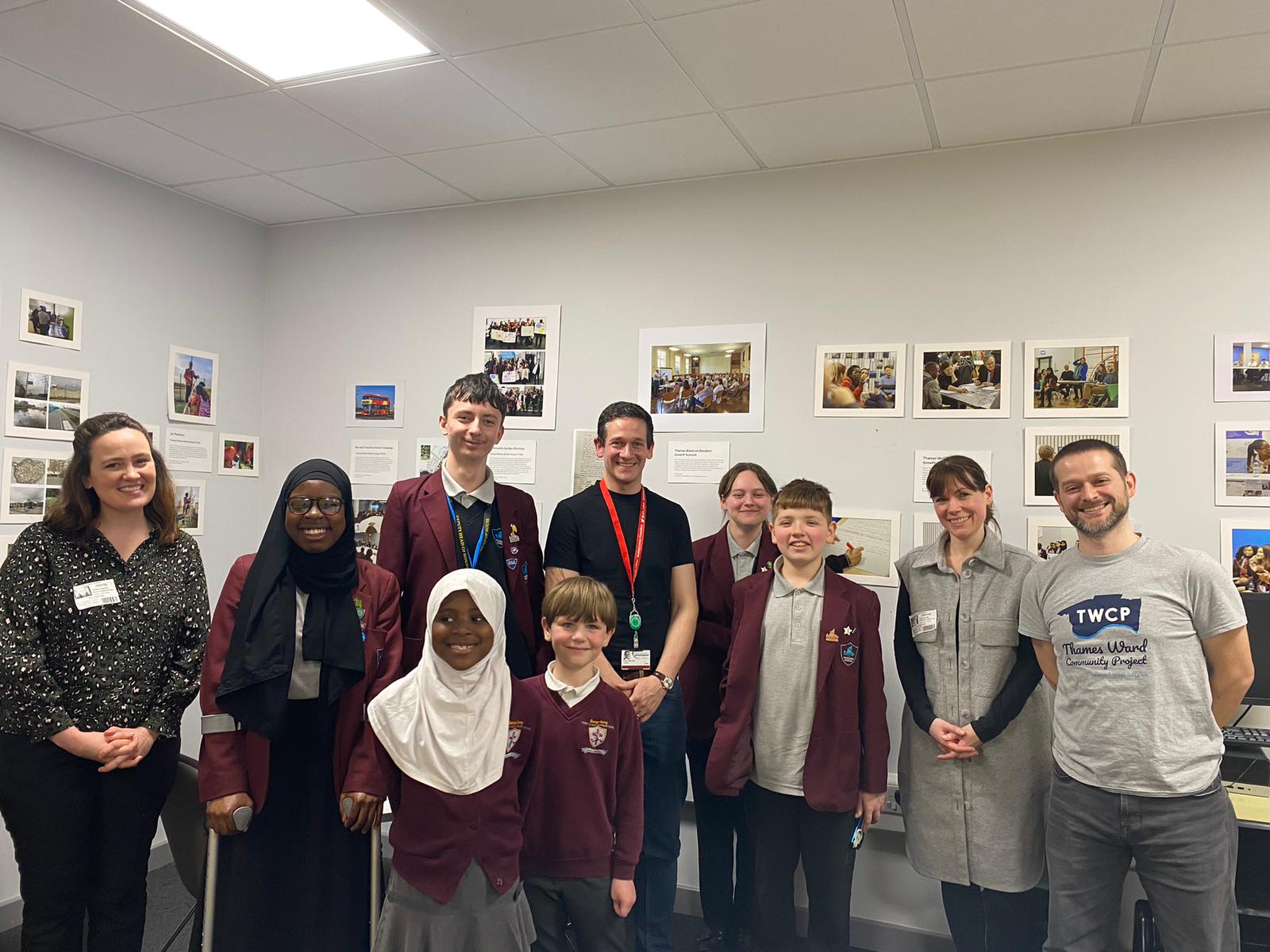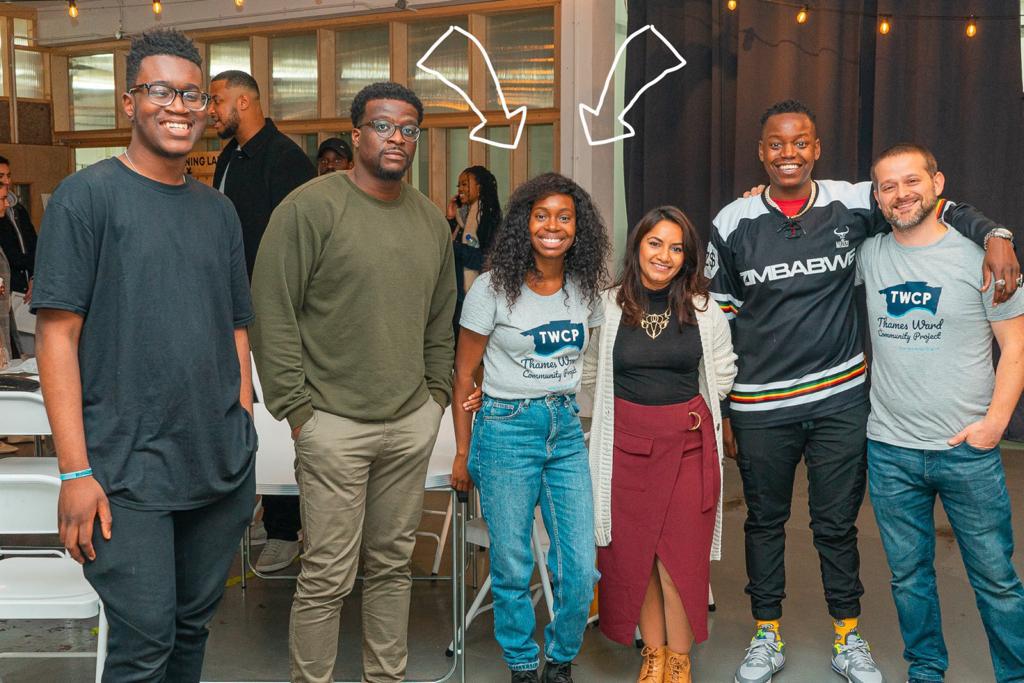Our vision is of a ‘diverse and vibrant community where residents are driving change’. The vision is of residents driving change – residents as leaders not followers. That is the world as it should be not as it is. That is why it is a vision – a vision is a vivid dream; we are in the business of selling dreams. Of creating the world as it should be rather than scaling back our ambitions. That is a vision.
Our mission is to ‘create positive spaces and opportunities for resident empowerment and wellbeing’. Every inch of land is monetised. Every conversation in the community and every action that impacts on communities can be liberating, to the extent that local people drive change. Wellbeing allows people to make healthy choices and drive change in all areas of their lives.
To enable this to happen we aim to develop leaders, nurture relationships, exert influence and support enterprise to achieve our vision and mission.
When we started out, we tried out lots of different approaches; tech companies sometimes describe this as throwing stuff at the wall and seeing what sticks. Testing, reviewing, prototyping.
We’ve done large scale growth summits attended by hundreds of people, weekly leadership classes for young citizens, social enterprise workshops, door knocking, street stalls, leafleting to every household on the area, meetings with politicians and bigwigs, monthly forums on planning and conservation, arts based events, community gardening, litter picking, campaigns, resident action groups, online arts classes, sports activities, walks and talks, newsletters and newspapers, videos, away days, training of all descriptions, volunteering programmes, service delivery, partnerships and collaborations across the borough, in fact across London, nationally and internationally.
We have done a lot of things. A lot of events, meetings, outreach, activities, training etc. So what? How do we know it made a difference? How do we know it delivered our vision, mission and aims? We need to get smart, to work smarter. We will never know if we made the kind of impact we hoped for in our vision, mission and aims unless we spell out what impact we want in ways that are specific, measurable, achievable, realistic, timed, evaluated and reviewed.
Impact-led strategy is about being led by the impact you want to create and being your purpose as an organization, rather than having a purpose (Fisher 2020). It is very easy for any organization or group to be busy being busy, never pausing to consider if actions are having the right kind of impact. This strategic reflection needs to go with the flow because sometimes the same groups over-think things instilling a kind of paralysis by analysis. There is a sweet spot whereby the actions and analysis go hand in hand, so that impact is at the forefront. That’s the place I’m keen to inhabit. That is the place where true change is made.
TWCP Director








